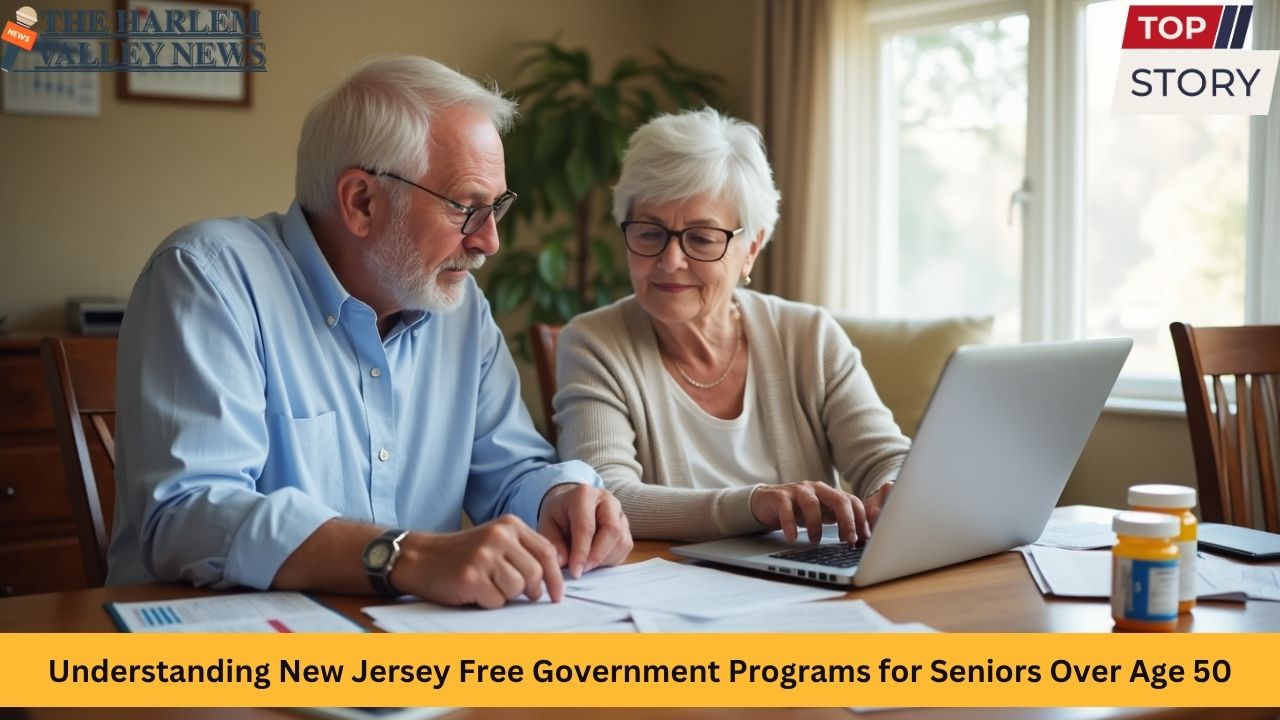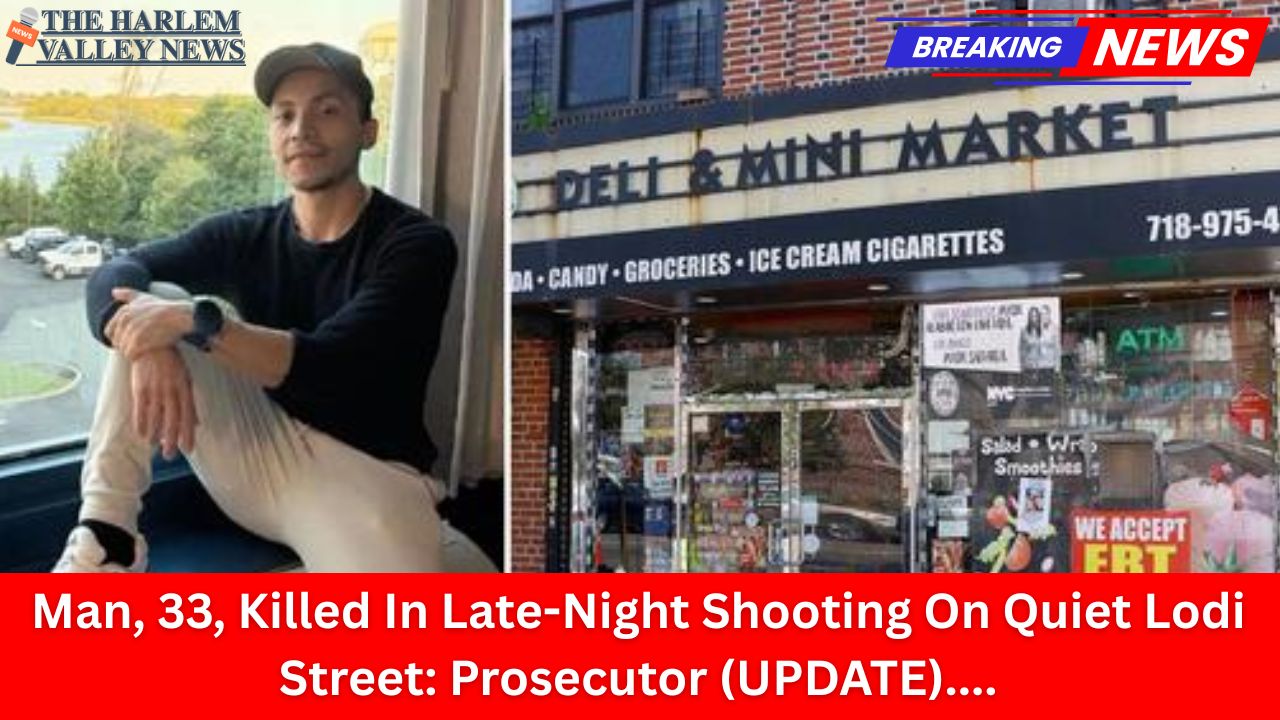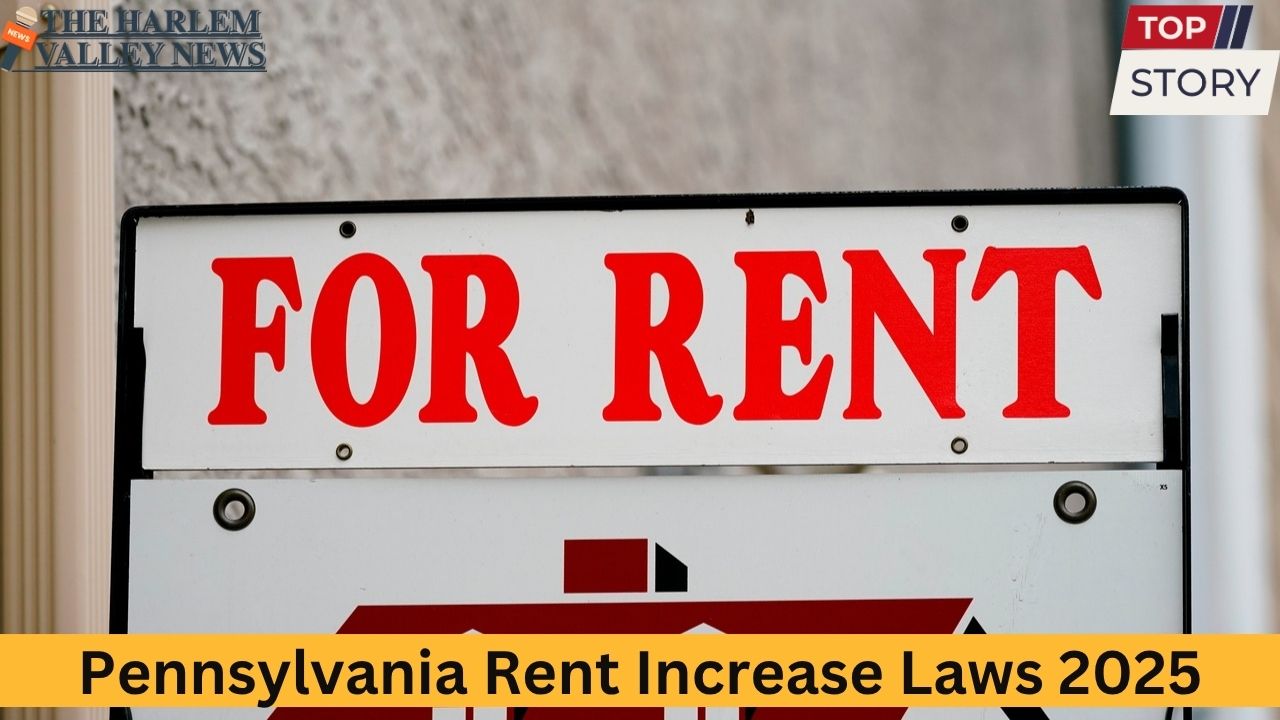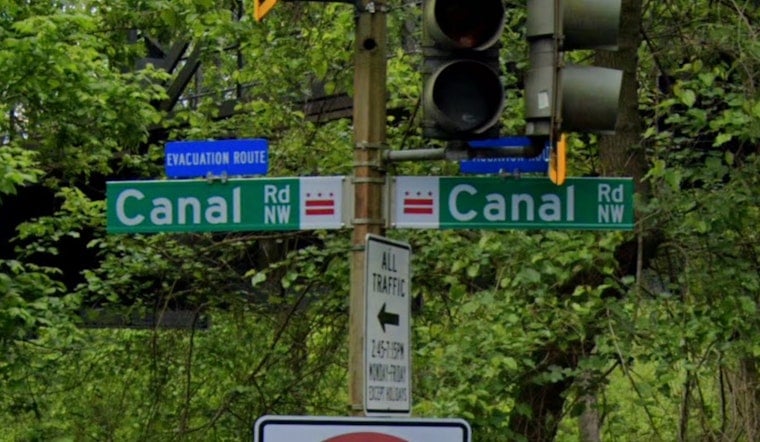Aging in New Jersey brings a unique blend of opportunities and challenges for residents across cities like Newark, Jersey City, Paterson, Atlantic City, and Trenton. With nearly 1.5 million people over the age of 60 and a growing need for financial, healthcare, social, and housing support, the state government has developed robust, free programs to help seniors over age 50 stay healthy, safe, and independent. This guide takes a deep dive into those programs, facts, real statistics, and how to access benefits throughout the Garden State.
New Jersey’s seniors—especially those over age 50—are living longer, working longer, and remaining more active than ever before. However, rising costs, property taxes, housing challenges, and healthcare concerns remain top-of-mind. With more than half of New Jerseyans over 65 classified as “economically insecure,” government programs have become not just helpful, but essential for ensuring dignity and choice in older age.
Demographics and Economic Realities for New Jersey Seniors Over 50
-
As of 2025, New Jersey’s senior population (60+) exceeds 1.5 million—nearly 1 in 5 residents.
-
Urban centers like Newark, Paterson, Jersey City, and Elizabeth each contain tens of thousands of seniors, while suburban and shore counties retain large retiree populations.
-
The average annual income needed for a single senior renter to “just get by” is more than $29,000, while homeowners with mortgages face the highest annual costs, often above $41,000.
The majority of seniors want to “age in place,” yet many report difficulty affording basic needs, maintaining homes, paying property taxes, and navigating healthcare options.
Core Free Government Programs: Statewide Highlights
NJSave Unified Application
NJSave is an online and paper application portal that connects seniors to multiple state and federal benefits in one step. This system screens eligibility for programs like prescription discounts (PAAD, Senior Gold), property tax relief, Medicare Savings, utility bill support, and more.
Area Agencies on Aging & ADRC
Each of the state’s 21 counties, including Bergen, Monmouth, Essex, and Camden, houses an Area Agency on Aging (AAA) or an Aging & Disability Resource Connection (ADRC). These agencies act as local resource hubs, offering application help, needs assessments, care navigation, and referrals.
-
Example: Bergen County’s Division of Senior Services helps with transportation, caregiver support, nutrition, and legal help.
Medicare, Medicaid, and Related Support
-
Medicare provides foundational insurance coverage for those over 65, with free counseling available through the State Health Insurance Assistance Program (SHIP).
-
NJ FamilyCare (Medicaid) covers low-income seniors, offering healthcare, in-home care, and prescription support.
-
Medicare Savings Programs (QMB, SLMB, QI) help pay for Medicare premiums and cost-sharing for those with limited resources.
Specialized Prescription and Health Programs
-
PAAD (Pharmaceutical Assistance to the Aged and Disabled): Offers $5 copays for generics and $7 for brand-name prescriptions.
-
Senior Gold: For moderate-income seniors, $15 plus 50% of the remaining prescription cost.
Both programs help more than 100,000 residents annually and recently raised income eligibility, qualifying tens of thousands more.
Local and City-Focused Senior Initiatives
North Bergen
-
Offers free movie programs with transportation, daily shopping trips, annual senior picnics attended by 800 people, and summer trips to the Jersey Shore.
-
Free and discounted luncheon programs at area restaurants ensure no senior has to eat alone.
Jersey City
-
Runs senior centers, provides housing counseling, health screenings, recreational activities, and the annual Farmers Market Nutrition Program.
Orange City Township
-
Delivers scheduled social service activities, wellness classes, and connection events for seniors, funded and coordinated by the Division of Older Adults Services.
Atlantic City
-
Organizes monthly cultural outings, fitness classes, free programs for those 55+, supportive case management, and more, addressing the needs of seniors in a diverse urban setting.
Financial Assistance and Cost of Living Support
Property Tax Relief
Senior Freeze: Reimburses eligible seniors for any increase in property taxes after they turn 65, relieving crushing tax burdens. The program has recently raised the income cap to over $168,000, qualifying thousands more.
Stay NJ: Launched in 2024, this new benefit reimburses up to 50% of property taxes for qualified homeowners 65 and older, with a cap of $6,500 per year and eligibility for incomes below $500,000.
ANCHOR: Another property tax credit for homeowners and renters, often provided in combination with the Senior Freeze and Stay NJ benefits.
Home Repair and Accessibility Grants
Aging services and local agencies provide grants and forgivable loans to help seniors repair roofs, install ramps or grab bars, and make safety modifications, keeping them independent in their own homes.
Nutrition, Social, and Community Connection Programs
SNAP (Supplemental Nutrition Assistance Program)
-
Guarantees a minimum of $95/month in food assistance for qualifying seniors, far exceeding the federal minimum.
-
Seniors enrolled in SNAP automatically qualify for utility assistance.
-
The Elderly Simplified Application Project streamlines the process for seniors with minimal paperwork and longer certification periods.
Meals on Wheels and Congregate Meal Sites
-
Daily meals delivered to homebound seniors.
-
Group meals at senior centers in every major city and suburb—including Trenton, Camden, and Hoboken.
Transportation and Social Recreation
-
Free or reduced-fare rides for doctor’s visits, grocery trips, and senior center activities in cities like Newark, Princeton, and Morristown.
-
Paratransit and ride scheduling often run through county offices.
Health, Wellness, and Safety Services
Home and Community-Based Care (JACC)
The Jersey Assistance for Community Caregiving lets seniors above Medicaid limits but below private care affordability access in-home care, adult day programs, meal deliveries, and medical equipment. Monthly caps are set at $1,090 for services.
Health Screenings
Flu shots, blood pressure checks, and free wellness assessments are offered at senior centers and by mobile community clinics in cities statewide.
Abuse Prevention and Support Services
Adult Protective Services investigates suspected abuse or neglect and coordinates interventions. Caregiver support, legal resources, and advocacy are available.
How to Qualify and Apply: Step-by-Step
-
Start with NJSave: Completing this online or paper application is the fastest path to multiple assistance programs. It immediately checks for eligibility across major benefits.
-
Visit Your Local AAA or ADRC: These offices offer hands-on help. Bring proof of age, income, residency, medical status, and property documents.
-
Contact Program Hotlines: Most programs have dedicated hotlines (e.g., SNAP, PAAD, JACC) for questions and application assistance.
-
Attend Events in Your City: Information fairs, local government events, and nonprofit workshops often help seniors complete applications and answer questions.
-
Leverage Digital Support: Hundreds of free GetSetUp digital classes are now available to help older adults learn to use technology, access telehealth, and more.
Challenges, Trends, and Success Stories
-
Despite expanded eligibility, the biggest challenge is lack of awareness. Survey data shows as few as 10% of respondents are enrolled in prescription or utility support programs, and most did not know about property tax relief expansion.
-
Housing and home repair needs remain high; demand for modifications outpaces available grants.
-
Mental and dental health coverage gaps persist, with seniors frequently calling for broader benefits.
-
Social isolation is a growing issue, but programs offering community and recreational activities in municipalities like North Bergen and Atlantic City are combating loneliness, building resilience—particularly as communities recover from the COVID-19 pandemic.
-
Many seniors can now combine multiple benefits—prescription coverage, property tax relief, food and utility assistance—resulting in average annual savings of over $4,200 per household.
Conclusion: Aging with Dignity and Support in New Jersey
New Jersey is a national leader in providing comprehensive, free government programs for seniors over age 50. Whether you’re seeking help with prescription costs, property taxes, food, home repairs, or simply a way to meet new friends in your city, there is a program available to support you.
If you or a loved one are aged 50+, don’t leave benefits on the table. Begin with NJSave, reach out to your county’s Area Agency on Aging or ADRC, and connect with local senior centers. Cities across the state—from bustling Jersey City to beachside Atlantic City—are continually expanding their services, ensuring that seniors can thrive, stay independent, and enjoy a vibrant, dignified life in the communities they’ve helped to build.
















Leave a Reply